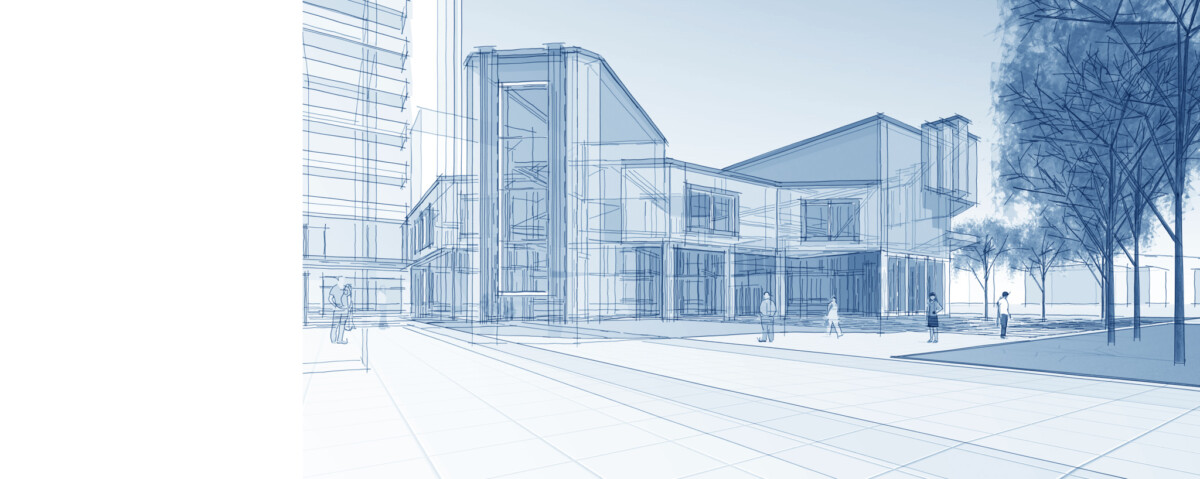Owning a home is often seen as the cornerstone of the American Dream—a symbol of stability, success, and financial independence. While there are many benefits to homeownership, such as building equity and having control over your living space, there are also several hidden traps that can catch new and even experienced homeowners off guard. These pitfalls can lead to financial stress, property devaluation, or even foreclosure if not addressed early and managed wisely.
In this article, we’ll explore the most common traps of homeownership and offer strategies to help you avoid them.
1. Underestimating True Costs
Most first-time buyers focus on the down payment and monthly mortgage, but owning a home involves many hidden expenses. These include:
- Property taxes
- Homeowners insurance
- Maintenance and repairs
- Utility costs
- HOA fees (if applicable)
Even minor repairs—such as replacing a broken water heater or fixing a roof leak—can cost thousands of dollars. Over time, these costs add up, and failing to budget for them can quickly turn your dream home into a financial burden.
Tip: Before buying, calculate the total cost of ownership, not just the mortgage. Set aside 1–3% of your home’s value annually for maintenance and repairs.
2. Buying More House Than You Can Afford
One of the biggest traps homeowners fall into is buying based on what the bank says they can afford, not what they should afford. Lenders often approve buyers for the maximum loan amount based on income, ignoring lifestyle preferences, savings goals, or other financial obligations.
This leads to being “house poor”—owning a home but having little money left for savings, travel, or emergencies.
Tip: Follow the 28/36 rule—your mortgage payment should not exceed 28% of your gross monthly income, and your total debts (including the mortgage) shouldn’t exceed 36%.
3. Skipping a Home Inspection
In competitive housing markets, buyers may waive the home inspection to make their offer more attractive. However, skipping this step can lead to major regret. Undetected issues, such as foundation problems, faulty wiring, or mold, can cost tens of thousands of dollars in repairs.
Tip: Always get a professional home inspection—even if you’re buying “as-is.” Use the findings to negotiate or walk away if necessary.
4. Ignoring the Neighborhood
A beautiful home in a declining neighborhood is a trap waiting to spring. High crime rates, poor schools, or ongoing construction can reduce property values and quality of life.
Likewise, future developments (like new highways or commercial zones) can either help or hurt your investment.
Tip: Research the Area thoroughly. Talk to neighbors, visit at different times of day, and check zoning laws or city planning websites for upcoming changes.
5. Relying Too Much on Future Appreciation
Many people buy a home assuming its value will steadily increase. While real estate generally appreciates over the long term, markets can crash—as seen in 2008—and local factors can cause your home to lose value.
If your finances rely on future appreciation to refinance, sell, or upgrade, you’re taking a risky gamble.
Tip: Buy based on current affordability and livability. Treat appreciation as a bonus, not a guarantee.
6. Over-Renovating for the Area
Upgrading your home can increase its value—but only to a point. If you install luxury features in a modest neighborhood, you may never recoup your investment.
Spending $75,000 on a gourmet kitchen in a $200,000 neighborhood might price your home out of the local market.
Tip: Match your renovations to the neighborhood standard. Focus on updates with high ROI, like bathrooms, kitchens, and energy efficiency.
7. Neglecting Routine Maintenance
Letting minor issues slide—like a leaky faucet or cracked caulk—can lead to bigger and more expensive problems down the road. Deferred maintenance not only decreases home value but also creates safety hazards and invites pests or mold.
Tip: Keep a home maintenance calendar. Schedule seasonal tasks (such as gutter cleaning and HVAC servicing) to avoid unexpected expenses later.
8. Overlooking Insurance Gaps
Standard homeowners insurance doesn’t cover everything. Many homeowners are surprised to learn that their policies don’t cover flood damage, earthquakes, or sewer backups. Without proper coverage, a single disaster can cause irreversible financial harm.
Tip: Review your policy regularly. Consider supplemental insurance tailored to your region’s specific risks (e.g., flood insurance for areas prone to flooding).
9. Home Equity Mismanagement
Once you build equity, it can be tempting to borrow against it for things like vacations, luxury items, or even other investments. While home equity lines of credit (HELOCs) and cash-out refinances offer flexibility, misusing them can increase your debt load and jeopardize your home.
Tip: Use home equity only for value-adding investments (like renovations or education). Avoid using your home as an ATM.
10. Emotional Decision-Making
Falling in love with a house can lead to rushed decisions, overbidding, or overlooking serious flaws. Real estate is both a financial and emotional investment, and emotions often cloud better judgment.
Tip: Treat home buying like a business transaction. Bring a trusted advisor or real estate agent to help you make rational, informed decisions.
Final Thoughts
Homeownership can be a rewarding experience and a wise investment—but only when entered with full awareness of the potential pitfalls. By understanding and planning for the traps outlined above, you can avoid costly mistakes, protect your financial health, and enjoy the many benefits of owning your own home.
Remember, buying a home isn’t just about where you live—it’s one of the most significant financial decisions of your life. Approach it wisely, stay informed, and don’t let the dream become a trap.
Thank you for reading! If you enjoyed this article and want to explore more content on similar topics, check out our other blogs at Sonic Loans, Sonic Realty, and Sonic Title. We have a wealth of information designed to help you navigate the world of real estate and finance. Happy reading!
Are you looking for the right loan? Check out Sonic Loans for tailored mortgage solutions that make home financing simple and efficient.
How to Improve Your Credit Score Before Applying for a Mortgage
FHA vs. Conventional Loans: What’s Best for First-Time Buyers?
Digital Property Management Solutions: The Future of Real Estate Efficiency
Virtual Reality in Property Marketing: The Future of Real Estate
PropTech Trends Shaping Real Estate
AI in Real Estate: Current Applications
Blockchain in Real Estate: Future Applications
Smart Home Features Worth Installing
Allen Park vs. Garden City: Where to Invest in 2025










